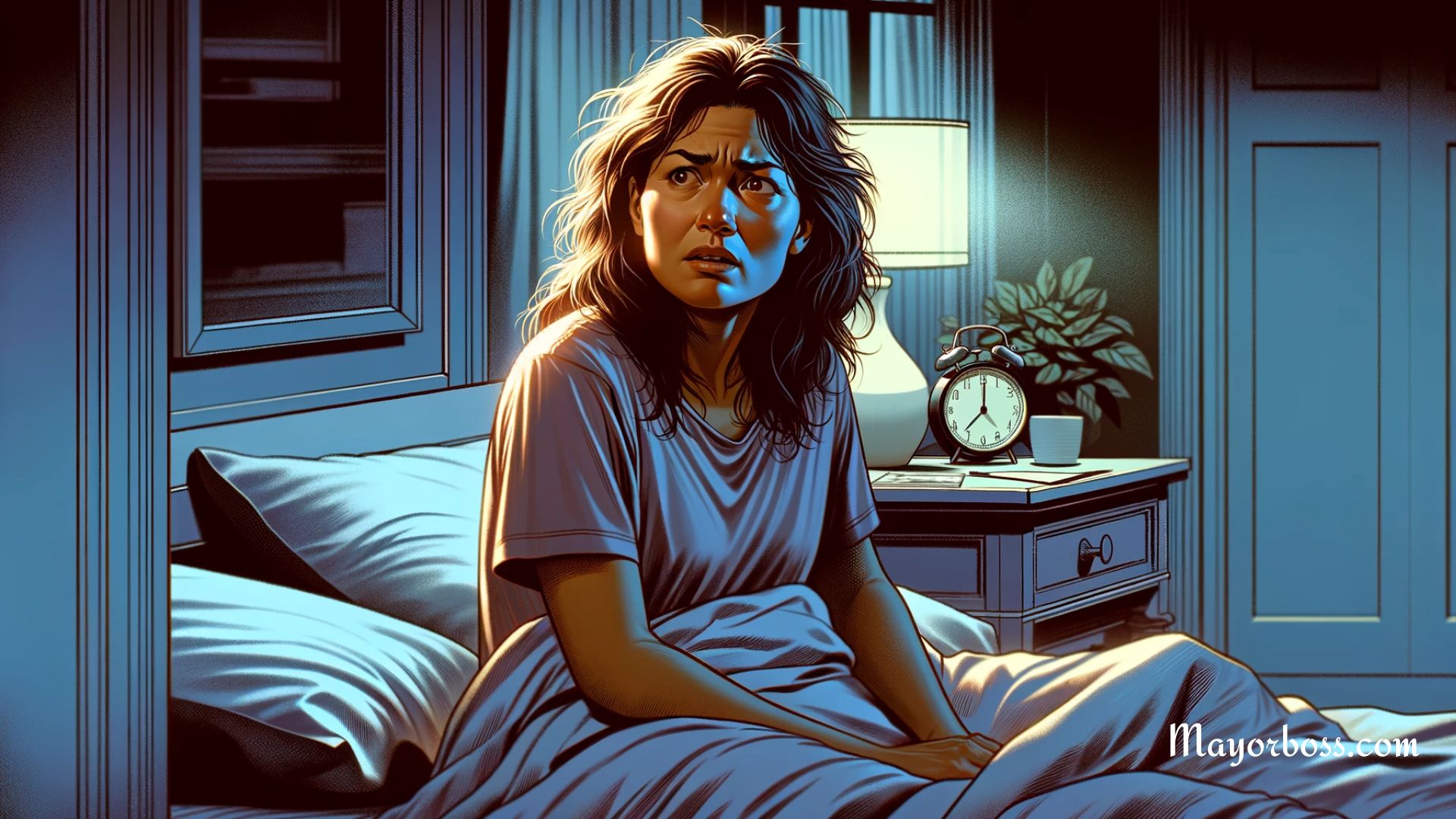Understanding Insomnia: Symptoms, Causes, and Treatment
What is Insomnia?
Insomnia is a common sleep issue where people struggle to fall asleep or stay asleep. It can happen to anyone, regardless of age, but is more often seen in women and the elderly.

Symptoms of Insomnia
Symptoms include:
- Trouble falling asleep
- Frequently waking up at night
- Waking up too early and not being able to sleep again
- Feeling tired and unfocused during the day
- Having trouble concentrating
- Feeling irritable
- Experiencing anxiety
- Suffering from depression
Types of Insomnia
- Acute Insomnia: This short-term insomnia usually lasts less than a few weeks. It’s often due to stress, anxiety, or changes in your routine.
- Chronic Insomnia: This long-term insomnia persists for at least three months. Causes include stress, anxiety, depression, certain medical conditions, and some medications.
Causes of Insomnia
- Stress: Stress-related hormones can make it hard to sleep.
- Anxiety: Worries and anxiety can keep you awake.
- Depression: Common in people with depression, resulting in tiredness and sleep issues.
- Medical Conditions: Conditions like pain, asthma, heartburn, or thyroid issues can lead to insomnia.
- Medications: Some drugs have insomnia as a side effect.
- Caffeine and Alcohol: These can disrupt your sleep.
- Poor Sleep Habits: Irregular sleep schedules contribute to insomnia.
Treating Insomnia
Treatment options include:
- Behavioral Therapy: Cognitive behavioral therapy for insomnia (CBT-I) helps develop better sleep habits and manage stress.
- Medication: Sleep aids can be effective but should be used briefly and under medical supervision.
- Relaxation Techniques: Yoga and meditation can reduce stress and improve sleep.
- Lifestyle Changes: Avoiding caffeine and alcohol before bed and maintaining a regular sleep schedule can be beneficial.
When to See a Doctor
Consult a doctor if you have severe insomnia or if it doesn’t improve with self-care. They can rule out any underlying conditions and suggest an appropriate treatment plan.
Additional Tips for Managing Insomnia
- Establish a relaxing bedtime routine.
- Ensure your bedroom is dark, quiet, and cool.
- Limit caffeine and alcohol intake before bed.
- Exercise regularly, but not right before bed.
- Seek medical advice for persistent or severe insomnia.
Most people with insomnia can find relief and get the restful sleep they need with the right approach.






